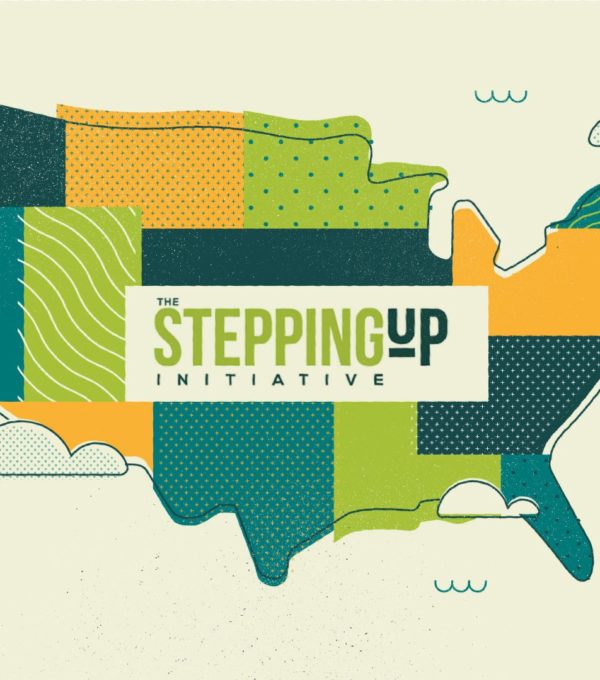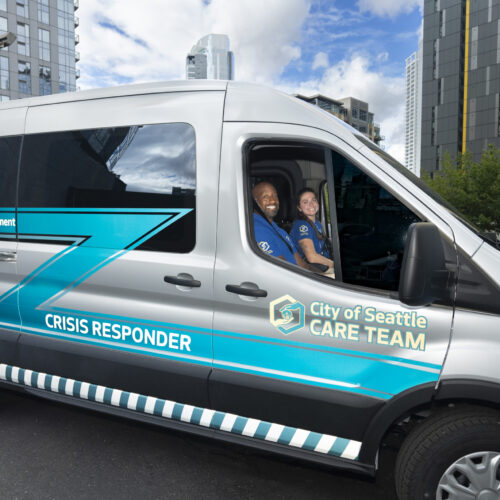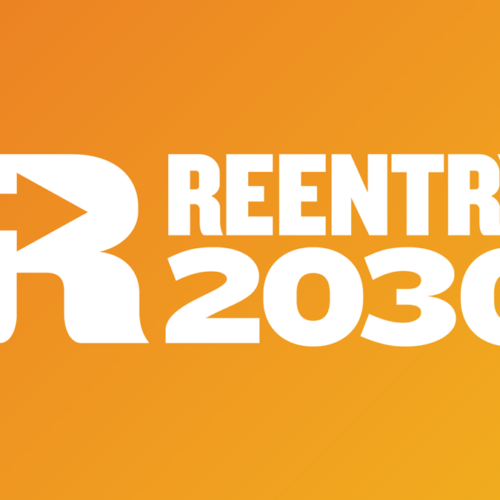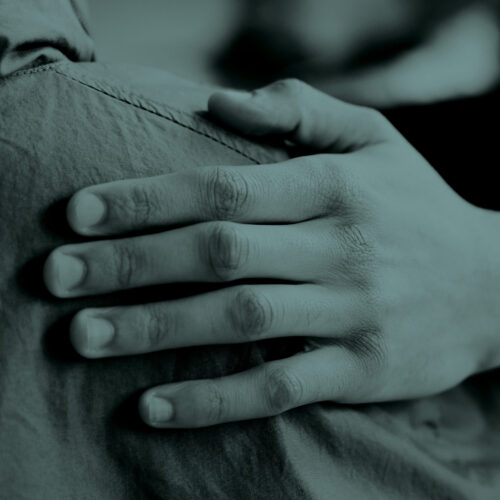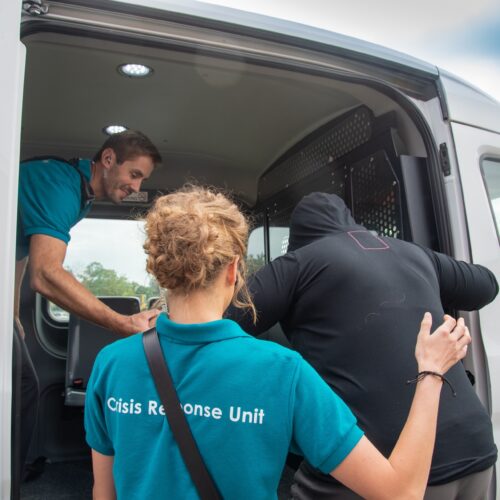Mental Health
Featured

This handbook is designed to guide project coordinators through the process of…
Read More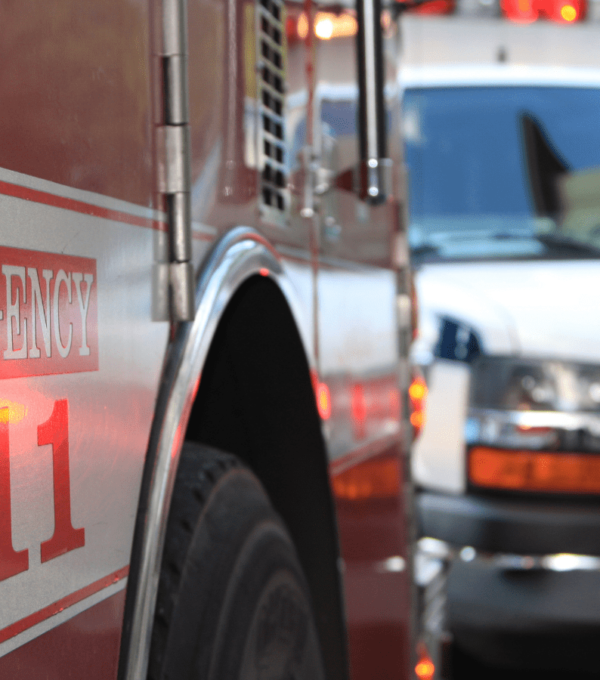
Corrections agencies are grappling with a unique combination of public safety challenges,…
Read More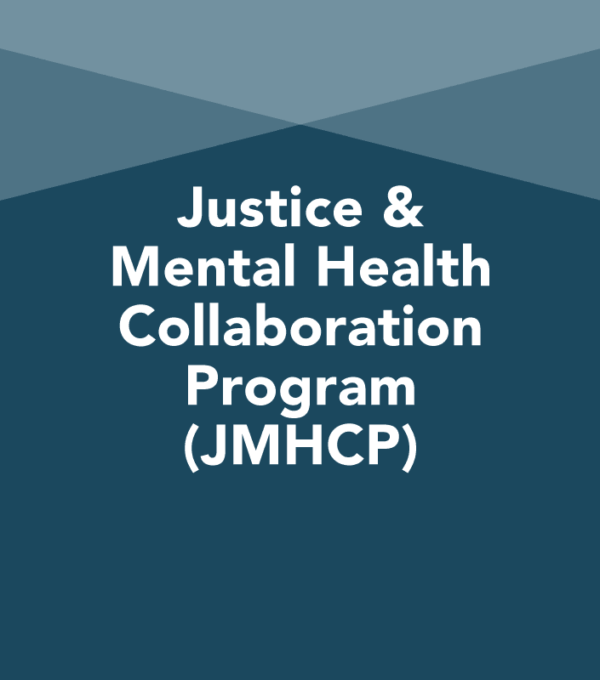
JMHCP facilitates collaboration among the criminal justice, juvenile justice, and mental health…
Read More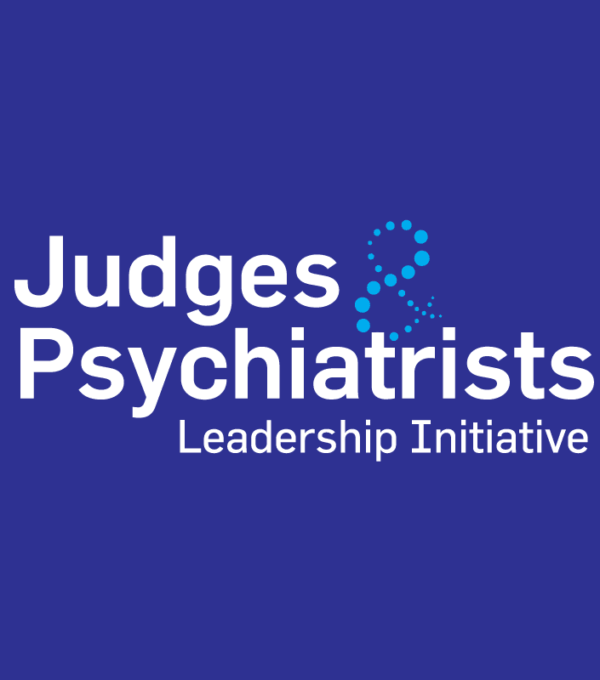
The Judges and Psychiatrists Leadership Initiative (JPLI) aims to stimulate, support, and…
Read More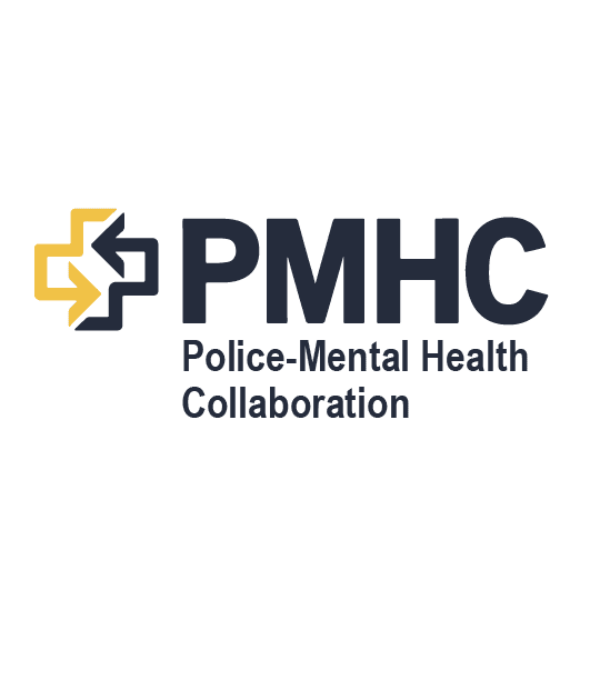
PMHC programs support law enforcement agencies around the country in planning and…
Read More
The County Justice and Behavioral Health Improvement Project is a national initiative…
Read More
Mental health courts are specialized court dockets for certain defendants with mental…
Read More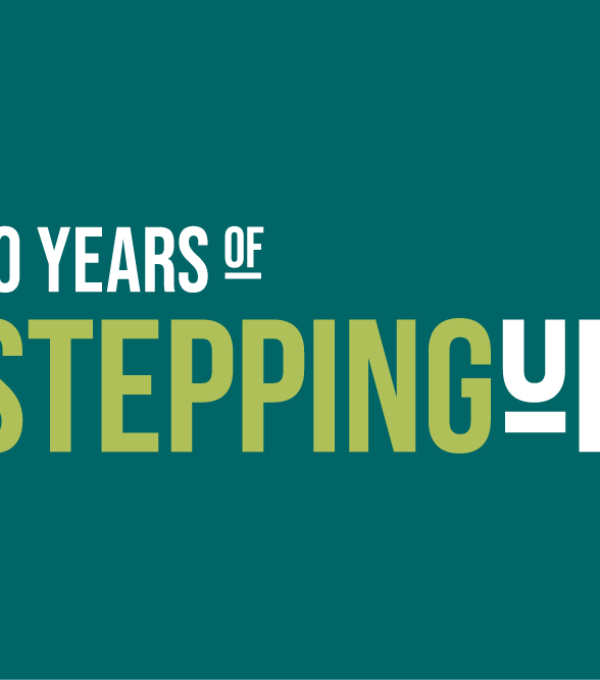
As the Stepping Up initiative marks its 10th year, America’s justice and…
Read More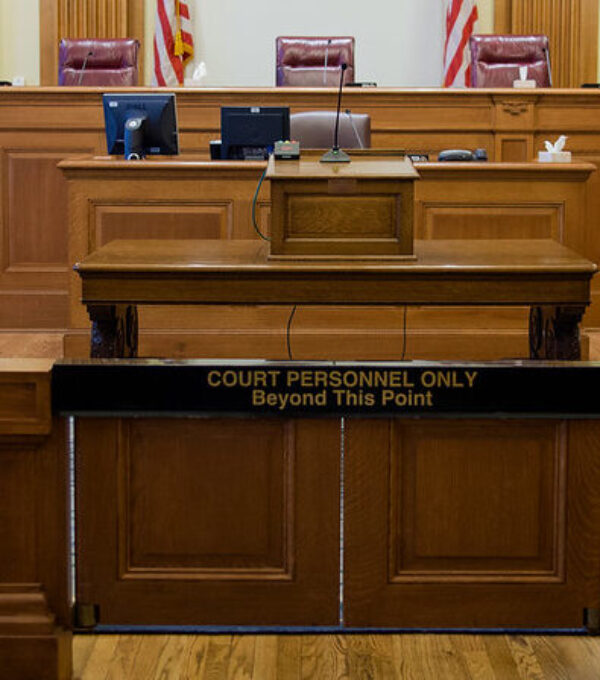
New Mexico launched a pilot program in 2024 to divert people with…
Read More
The CSG Justice Center Advisory Board establishes the policy and project priorities…
Read More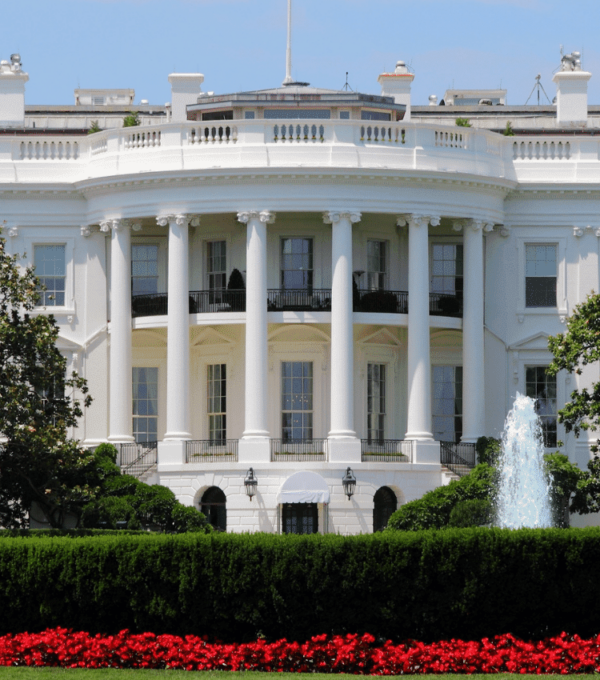
On May 30, 2025, the White House released the budget request for…
Read More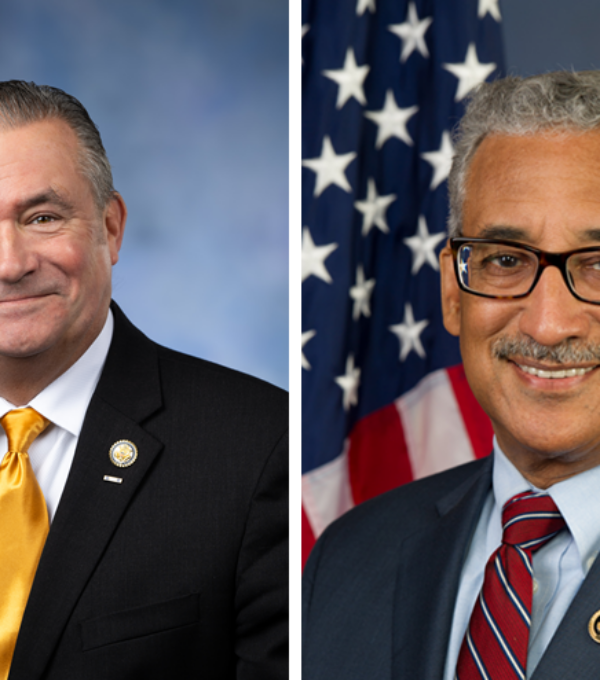
A bipartisan group of 66 lawmakers, led by Congressmen Don Bacon (R-NE)…
Read More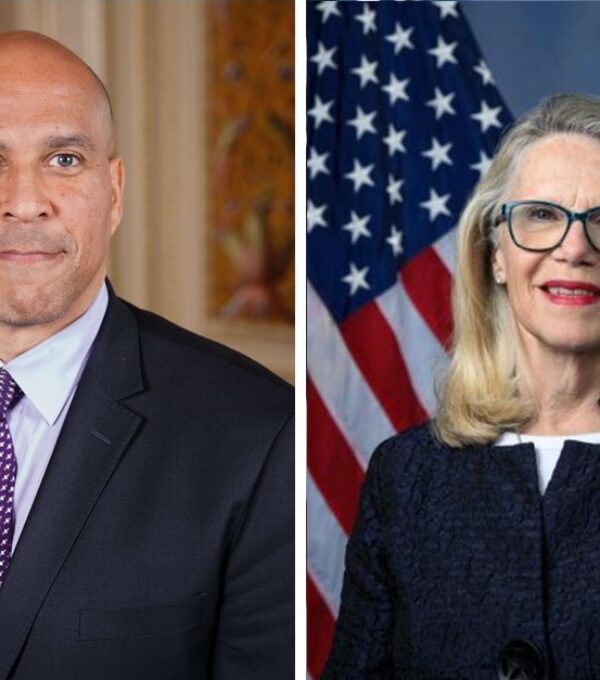
Today, Senators Shelley Moore Capito (R-WV) and Cory Booker (D-NJ) and Representatives…
Read More
The CSG Justice Center Advisory Board establishes the policy and project priorities…
Read More
The CSG Justice Center is pleased to announce 5 new members of…
Read MoreKey Staff

 New Hampshire Continues Justice Reinvestment Effort to Improve Conditions for People Who Are High Utilizers of Criminal Justice and Behavioral Health Systems
Read More
New Hampshire Continues Justice Reinvestment Effort to Improve Conditions for People Who Are High Utilizers of Criminal Justice and Behavioral Health Systems
Read More
 New Hampshire Commission Reviews Final Policy Recommendations to Reduce Reliance on Incarceration as Part of Justice Reinvestment Initiative
Read More
New Hampshire Commission Reviews Final Policy Recommendations to Reduce Reliance on Incarceration as Part of Justice Reinvestment Initiative
Read More
 Three Things to Know About New Jersey’s Groundbreaking Community Response Legislation
Three Things to Know About New Jersey’s Groundbreaking Community Response Legislation
In response to growing calls for police reform in New Jersey, particularly…
Read More










